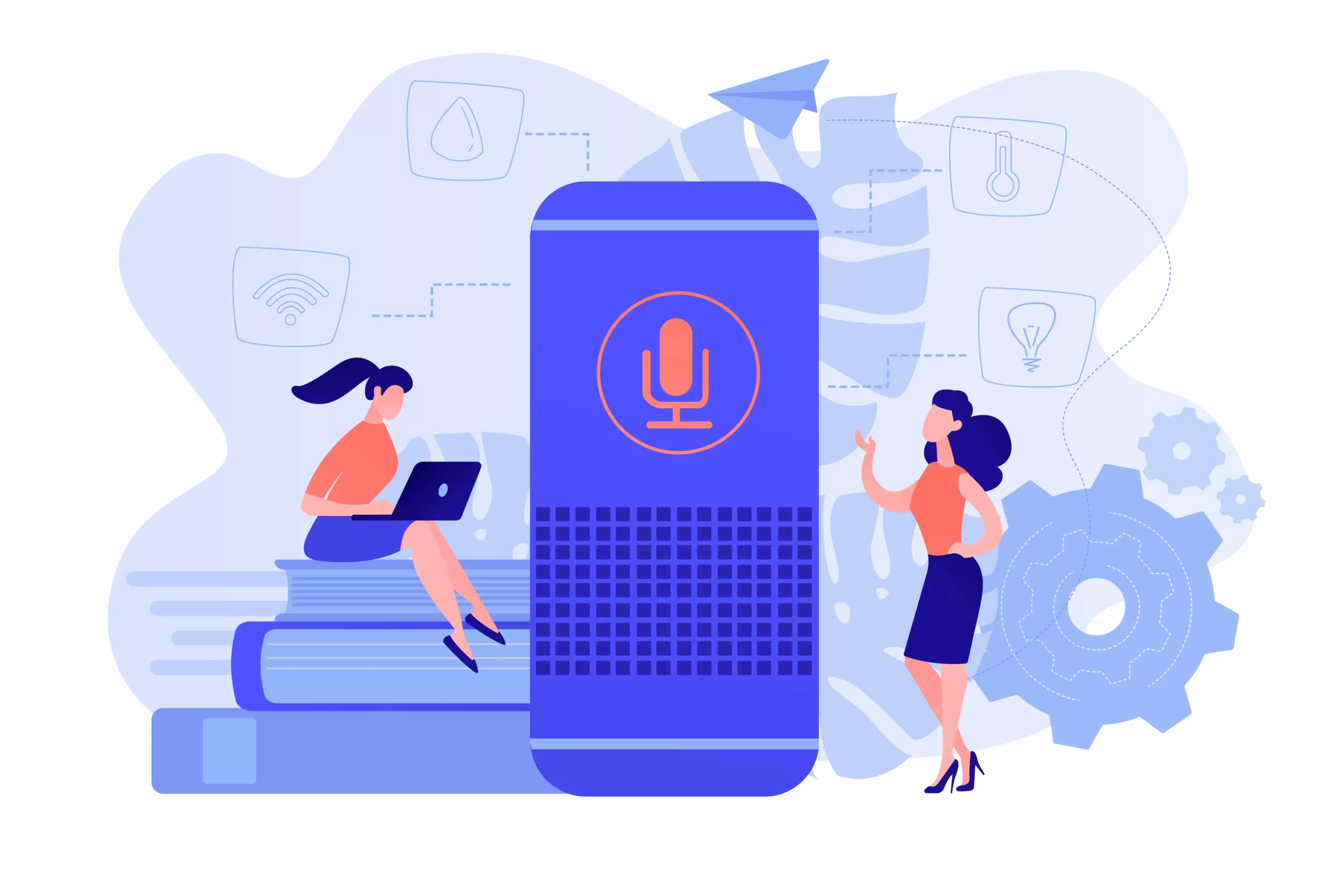Voice assistants have become an integral part of our daily lives. They help us perform a variety of tasks, including setting reminders, making phone calls, sending messages, playing music, and answering questions. The four most popular voice assistants are Google Assistant, Siri, Cortana, and Alexa. In this article, we will compare these voice assistants and determine which one is the best.
Google Assistant
Google Assistant is an AI-powered voice assistant developed by Google. It was first released in 2016 and is now available on a variety of devices, including smartphones, smart speakers, and smart displays. Google Assistant can perform a wide range of tasks, including setting reminders, making phone calls, sending messages, playing music, and answering questions.
One of the biggest advantages of Google Assistant is its ability to understand natural language. It can understand and interpret complex sentences and respond appropriately. For example, if you ask Google Assistant “What’s the weather like today?”, it will give you a detailed weather forecast for your location.
Google Assistant also has excellent integration with other Google services, such as Google Calendar, Google Maps, and Google Keep. This means that you can easily schedule appointments, navigate to your destination, and create shopping lists using your voice.
Siri
Siri is an AI-powered voice assistant developed by Apple. It was first released in 2011 and is now available on a variety of devices, including iPhones, iPads, and Macs. Siri can perform a wide range of tasks, including setting reminders, making phone calls, sending messages, playing music, and answering questions.
One of the biggest advantages of Siri is its integration with Apple’s ecosystem. If you own multiple Apple devices, you can use Siri to control them all. For example, you can use Siri on your iPhone to send a text message and then continue the conversation on your iPad.
Siri also has excellent integration with Apple’s services, such as Apple Music, Apple Maps, and Apple Calendar. This means that you can easily play your favorite songs, navigate to your destination, and schedule appointments using your voice.
Cortana
Cortana is an AI-powered voice assistant developed by Microsoft. It was first released in 2014 and is now available on a variety of devices, including Windows PCs, Xbox consoles, and smartphones. Cortana can perform a wide range of tasks, including setting reminders, making phone calls, sending messages, playing music, and answering questions.
One of the biggest advantages of Cortana is its integration with Microsoft’s ecosystem. If you use Microsoft services, such as Office 365, OneDrive, and Skype, you can use Cortana to interact with them. For example, you can use Cortana to schedule a meeting in Outlook, create a document in Word, or make a video call in Skype.
Cortana also has excellent integration with Windows 10, Microsoft’s latest operating system. This means that you can use Cortana to control your computer, search for files, and launch applications using your voice.
Alexa
Alexa is an AI-powered voice assistant developed by Amazon. It was first released in 2014 and is now available on a variety of devices, including Amazon Echo speakers, Fire TV devices, and smartphones. Alexa can perform a wide range of tasks, including setting reminders, making phone calls, sending messages, playing music, and answering questions.
One of the biggest advantages of Alexa is its integration with Amazon’s ecosystem. If you use Amazon services, such as Amazon Prime, Amazon Music, and Amazon Shopping, you can use Alexa to interact with them. For example, you can use Alexa to order products from Amazon, play your favorite songs, and track your orders.
It is difficult to declare one voice assistant as the best as each one has its own strengths and weaknesses, and the choice depends on individual preferences and needs. However, I can provide some insights into the strengths and weaknesses of each voice assistant to help you make an informed decision.
Google Assistant is best for those who use Google services heavily and prefer a voice assistant that can understand natural language well. It also has a wider range of capabilities compared to other voice assistants, such as the ability to make restaurant reservations or check your flight status. Google Assistant also has excellent integration with Google Home devices.
Siri is best for those who use Apple devices extensively and prefer a voice assistant that is deeply integrated with Apple services. It also has excellent voice recognition capabilities and can understand natural language well. Siri also has strong privacy features and does not store user data for long periods.
Cortana is best for those who use Windows devices heavily and prefer a voice assistant that can integrate with Microsoft services. It also has strong voice recognition capabilities and can perform tasks such as sending emails, setting reminders, and managing your calendar.
Alexa is best for those who prefer a voice assistant that can control smart home devices and interact with Amazon services, such as Amazon Music or Amazon Shopping. It also has a vast library of skills, allowing it to perform a wide range of tasks, including ordering food or checking your bank account.
In conclusion, the best voice assistant depends on individual preferences and needs. Each voice assistant has its own strengths and weaknesses, and the choice should be based on factors such as device compatibility, preferred services, and desired capabilities.

